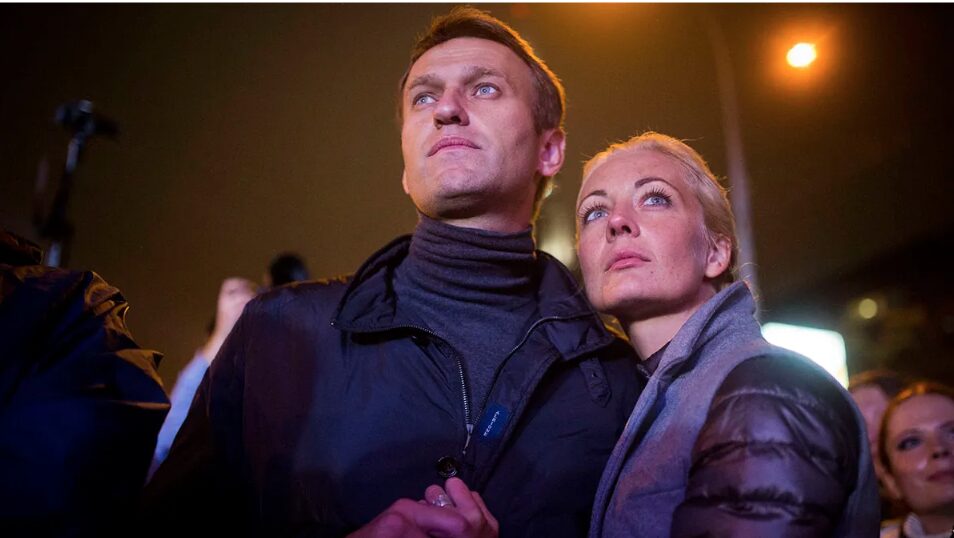When I was in graduate school studying Freud I came across a short paper by the Jewish philosopher Martin Buber in which, if I recall correctly, he takes Freud to task for advocating that the psychoanalyst’s role is to relieve the person of the “burden” of guilt. Buber was not concerning himself with Freud’s view about guilt feelings pertaining to thoughts and emotions that have not been acted upon.
Buber, I found in a quote of the paper, asks the following: “Is it the responsibility of the therapist to help people assuage their anxiety and guilt feelings without pointing them to the way of remorse and repentance?” Buber insisted that when one has acted in a way that disturbs the “order-of-being” a person needs to act in a way that restores that order—when possible directed toward the person (pay it back) who has been injured or by acts of devotion to others (pay it forward).
Last week, at the outset of the month of Elul, we took it upon ourselves to look at ourselves—our character flaws. This week we can reflect on how those flaws have created a disturbance in the order of being—and our remorse for how we have hurt others inadvertently or with malice. This is the first step in recognizing our need for atonement.
Buber, though critical of Freud did not extend his argument to the realm of thought and feelings—this he was willing to grant the psychoanalyst room to maneuver—to assuage the person of guilt feelings. When we appreciate the dimensions of worlds presented to us by Kabbalah—the world of action is but one aspect of reality that is a part of a much larger system that includes the world of emotion and thought. The Kabbalah then takes Buber’s critique of Freud a step further and asks us to consider the disturbance to the order of being created by our emotions and thoughts.
The films we will be watching and discussing the next two Tuesday evenings at the JCC present questions raised by about actions (fueled by emotions and thoughts) that people take that disturb the order of being—each film deals with ‘murder’ and the process of atonement. In the language of the Kabbalah, there is murder that is external to us and then there is the murder of ourselves.
How do we point others and ourselves to the path of remorse and repentance? Are there deeds that are so disruptive that there can never be a rectification? Come, watch, listen and participate in the dialogue.











0 Comments